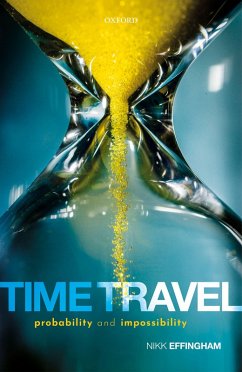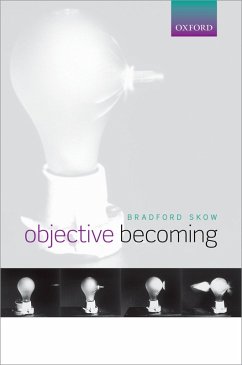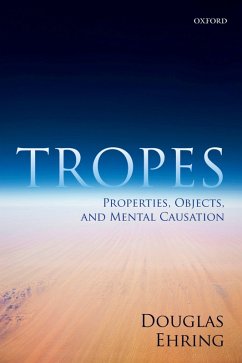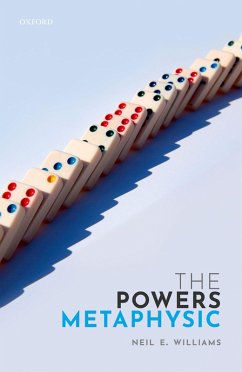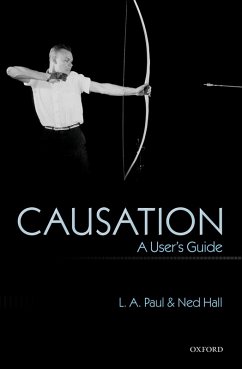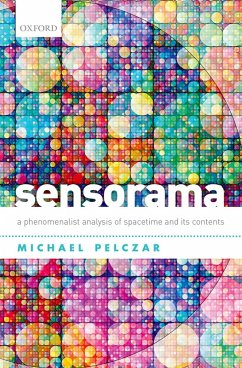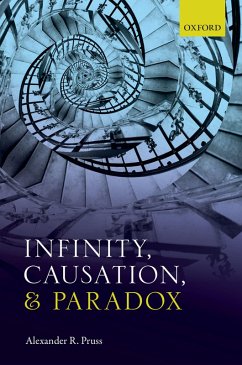
Power and Influence (eBook, PDF)
The Metaphysics of Reductive Explanation
Versandkostenfrei!
Sofort per Download lieferbar
41,95 €
inkl. MwSt.
Weitere Ausgaben:

PAYBACK Punkte
21 °P sammeln!
The world is a complex place, and this complexity is an obstacle to our attempts to explain, predict, and control it. In Power and Influence, Richard Corry investigates the assumptions that are built into the reductive method of explanation--the method whereby we study the components of a complex system in relative isolation and use the information so gained to explain or predict the behaviour of the complex whole. He investigates the metaphysical presuppositions built into the reductive method, seeking to ascertain what the world must be like in order that the method could work. Corry argues ...
The world is a complex place, and this complexity is an obstacle to our attempts to explain, predict, and control it. In Power and Influence, Richard Corry investigates the assumptions that are built into the reductive method of explanation--the method whereby we study the components of a complex system in relative isolation and use the information so gained to explain or predict the behaviour of the complex whole. He investigates the metaphysical presuppositions built into the reductive method, seeking to ascertain what the world must be like in order that the method could work. Corry argues that the method assumes the existence of causal powers that manifest causal influence--a relatively unrecognised ontological category, of which forces are a paradigm example. The success of the reductive method, therefore, is an argument for the existence of such causal influences. The book goes on to show that adding causal influence to our ontology gives us the resources to solve some traditional problems in the metaphysics of causal powers, laws of nature, causation, emergence, and possibly even normative ethics. What results, then, is not just an understanding of the reductive method, but an integrated metaphysical worldview that is grounded in an ontology of power and influence.
Dieser Download kann aus rechtlichen Gründen nur mit Rechnungsadresse in A, B, BG, CY, CZ, D, DK, EW, E, FIN, F, GR, HR, H, IRL, I, LT, L, LR, M, NL, PL, P, R, S, SLO, SK ausgeliefert werden.




